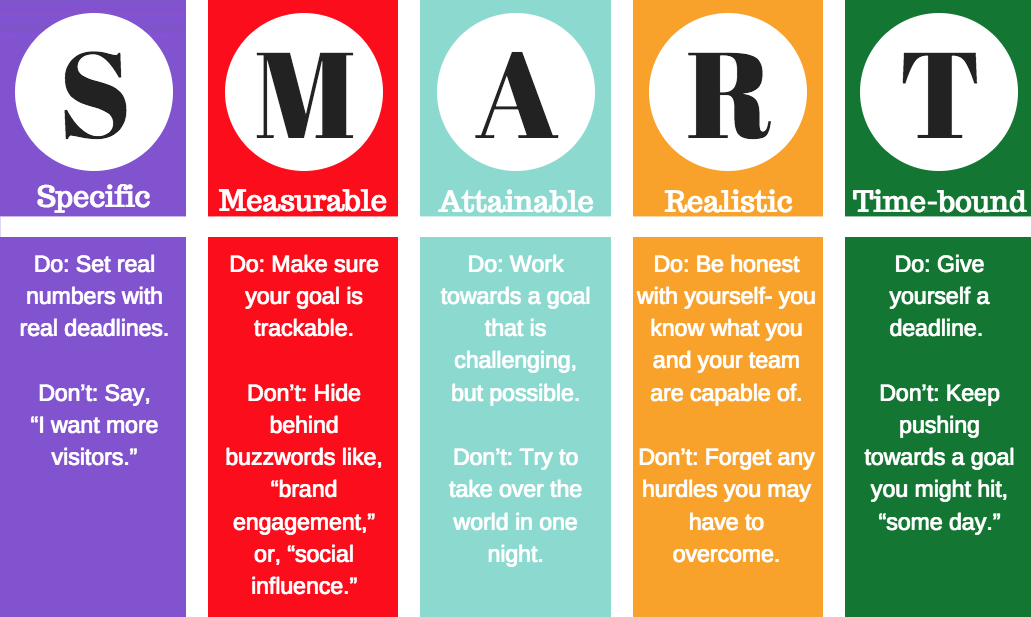Developing grit
Kids just like adults have down days. Days when it seems like everything and everyone is against them, just like Alexander in Judith Voists book "Alexander, and the Terrible, Horrible, No Good, Very Bad Day". Poor Alexander has one thing after another happen to put a damper on his day. At the end of the story Alexander announces that he is just going to move to Australia thinking it would be better there than where he was at. His mom lovingly informs him that "Some days are like that even in Australia." (Voist 1972)
How do we teach our kids to push through those bad days and look forward to the good days? How do we teach our kids to persevere or have what Angela Duckworth calls "grit"? Check out this YouTube video clip of some Disney's finest examples of grit. https://www.youtube.com/watch?v=Ko_Dym09Hws
The overall theme to grit seems to be getting back up and trying again. Moving onward and upward towards your goal, and not letting failures stop you. So where do we begin? We first need to have an understanding of what grit really is, and how having grit will help lead us to success. Watch this YouTube animated summary of Angela Duckworth's book "Grit". https://www.youtube.com/watch?v=m7M5_cu1Erc
I am going to incorporate the highlights from the video of interest, practice, purpose, and hope with some things I've learned through my parenting class and insights I've gained through the years.
1st The first thing we have to do is set a goal. If we don't have something we want to achieve then we will become stuck where we are at. In order to help our children set a goal they have to find out what they are interested in accomplishing. Give them a piece of paper and have them write down somethings they are interested in.
After they have written down some interests they have I suggest you teach your child about SMART goals. Better yet model setting a goal and teach them as you set your own goal. SMART goals help us set up a plan in how to achieve our goal. Your child may choose super easy goals. Encourage them to challenge themselves, but ultimately let them make the decision about their goals. This will give them a sense of autonomy and ownership.
2nd Having the little goals and bigger goal posted somewhere where they can see it every day will help remind them of what they need to do. Get creative with this. My own children had their own goal board. They wrote down their goals and posted them on a cork board in their rooms so they could see them daily. Let your child create their own board, use sticky notes, set reminders on their phones, whatever they want to do to help them remember their goals. Encourage them to have a set time to practice on the goal they set.
The smaller sub goals may help them on a day to day basis. They'll see success and with success comes a greater hope of achieving the bigger goal. For example, your child may want to get onto the Varsity basketball team as their big goal. Their smaller goals could be to practice ball control daily for 20 minutes, and practice 100 free throw shots daily. Each week as they do this they will feel a sense of accomplishment.




Comments
Post a Comment